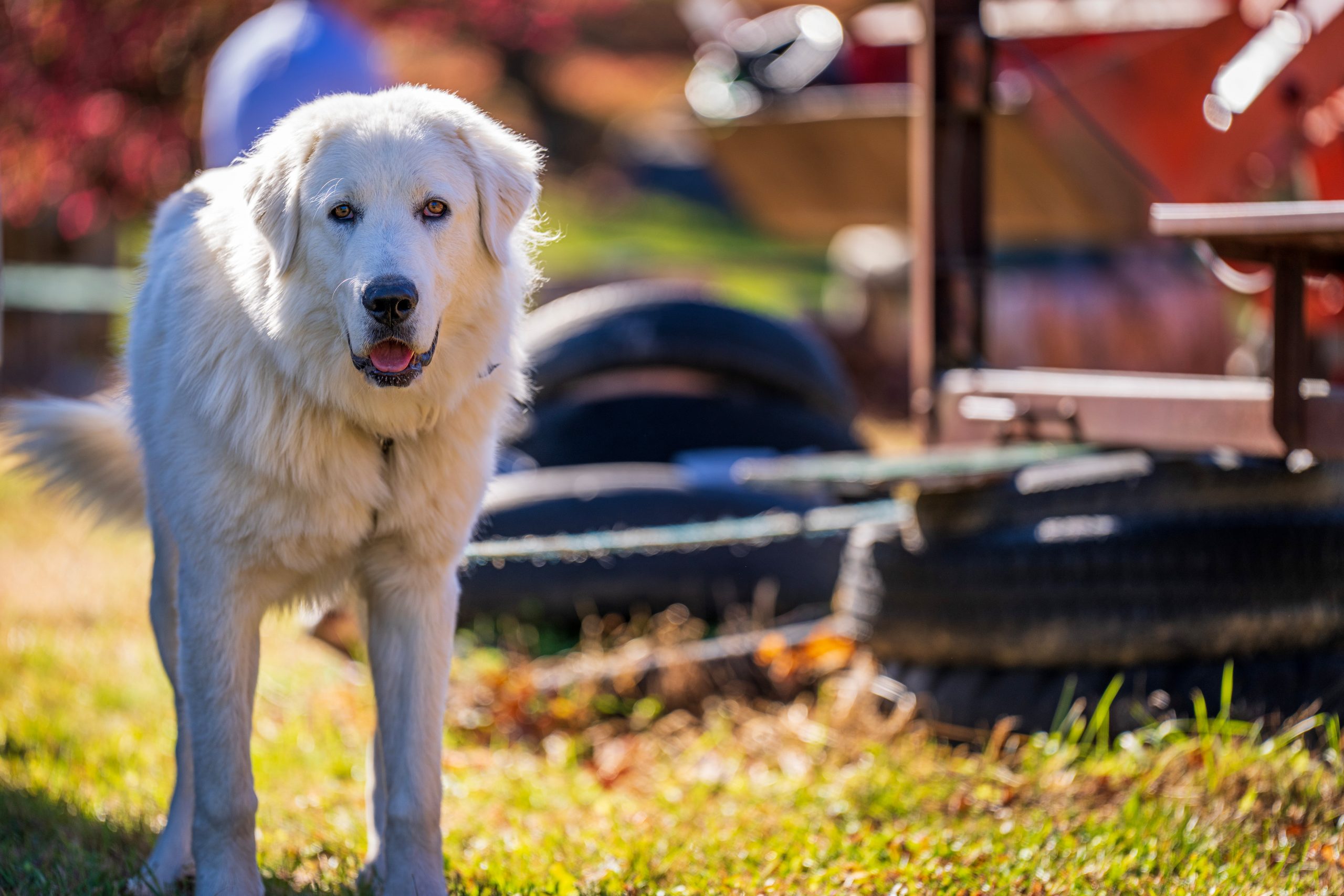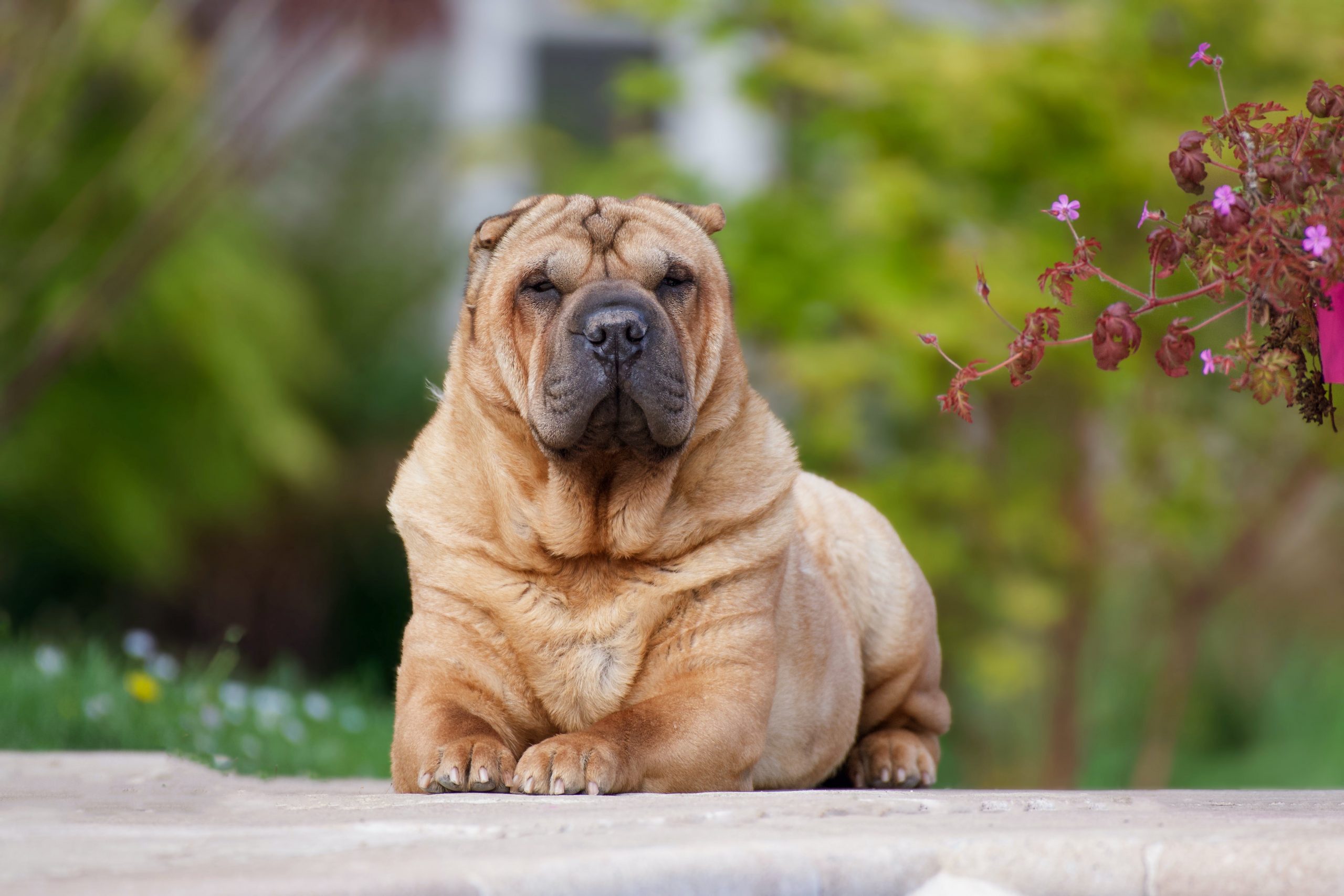The decision to neuter a male Great Pyrenees is a significant one for any dog owner. This breed, known for its large size and gentle demeanor, requires careful consideration regarding the timing of neutering. This article explores the best age to neuter a male Great Pyrenees, weighing the veterinarian’s consensus against the advantages and disadvantages of early versus later neutering. Additionally, it discusses alternative methods to traditional neutering.
a. Understanding Neutering in Large Breeds
Neutering, or the surgical removal of a male dog’s testicles, is a common procedure. For large breeds like the Great Pyrenees, the timing of this procedure can impact their health and development in unique ways.
b. Great Pyrenees: Breed-Specific Considerations
Given their size, growth patterns, and potential health issues, the Great Pyrenees breed presents specific challenges and considerations regarding neutering.
1. Veterinarian Consensus on Neutering Age
a. General Recommendations
The general veterinary recommendation for neutering dogs is typically between 6 to 9 months of age. However, some veterinarians suggest waiting longer for larger breeds like the Great Pyrenees due to their extended growth period.
b. Great Pyrenees-Specific Advice
Due to their large size and potential for joint issues, some veterinarians recommend delaying neutering for Great Pyrenees until they are closer to physical maturity, which can be around 18 to 24 months.
2. Advantages of Early Neutering (Before 6 Months)
a. Behavioral Benefits
Early neutering can reduce aggressive tendencies and roaming behaviors, which is beneficial in managing a large and protective breed like the Great Pyrenees.
b. Health Advantages
Reducing the risk of testicular cancer and some prostate issues are key health benefits of early neutering.
c. Population Control
Early neutering effectively prevents unplanned breeding, contributing to controlling the pet population.
3. Disadvantages of Early Neutering
a. Health Risks
Early neutering in large breeds can increase the risk of orthopedic problems, such as hip dysplasia, and certain types of cancer.
b. Impact on Growth
Neutering before the Great Pyrenees reaches full growth can affect their physical development, potentially leading to a higher risk of joint and bone issues.
c. Hormonal Concerns
Early removal of testosterone can impact the overall hormonal balance, which is crucial in the development and maintenance of muscle mass and bone density.
4. Advantages of Later Neutering (After 18 Months)
a. Physical Development
Allowing the Great Pyrenees to mature before neutering fully ensures their growth plates have closed, reducing the risk of developing joint and bone issues.
b. Reduced Health Risks
Later neutering may decrease the risk of certain cancers and orthopedic issues associated with early neutering in large breeds.
c. Behavioral Maturity
Neutering after reaching behavioral maturity allows for a more accurate assessment of the dog’s temperament and any changes post-neutering.
5. Disadvantages of Later Neutering
a. Behavioral Challenges
Delaying neutering can lead to more dominant and territorial behaviors, which can be challenging to manage in a large breed like the Great Pyrenees.
b. Increased Health Risks
The risk of testicular cancer and prostate diseases increases with age, making later neutering a riskier option in terms of these conditions.
c. Breeding Risks
If neutering is delayed, there is a higher risk of accidental breeding, contributing to overpopulation issues.
6. Alternatives to Traditional Neutering
a. Vasectomy
Vasectomy is a surgical alternative that prevents reproduction while retaining the testicles, thus maintaining the dog’s hormonal balance.
b. Chemical Neutering
This involves the use of drugs to temporarily reduce testosterone production, offering a non-surgical, reversible alternative.
c. Holistic Management
Some owners opt for behavioral training and management as alternatives to neutering, especially for dogs with health risks related to surgery.
Conclusion
Determining the best age to neuter a male Great Pyrenees requires balancing several factors, including health risks, behavioral issues, and breed-specific considerations. Consulting with a veterinarian experienced with large breeds, understanding the potential impacts of early or late neutering, and considering alternative methods are all crucial steps in making an informed decision for the well-being of a Great Pyrenees.
Frequently Asked Questions A Great Pyrenees Owner Might Ask Before Neutering Their Great Pyrenees
1. At what age should I neuter my male Great Pyrenees?
Neutering a male Great Pyrenees is generally recommended at around 18 to 24 months of age, especially for this large breed. This allows them to reach physical maturity and reduces the risk of joint and bone issues associated with early neutering. However, individual circumstances and health considerations should be discussed with a veterinarian.
2. Will neutering affect my Great Pyrenees’ temperament?
Neutering can lead to some changes in behavior, often reducing aggressive and roaming tendencies. However, it does not drastically change a dog’s fundamental personality. The Great Pyrenees is known for its calm and protective nature, and these traits are likely to remain post-neutering.
3. Are there health risks associated with neutering a Great Pyrenees?
Neutering, like any surgical procedure, carries risks such as reactions to anesthesia, infection, and bleeding. Specific to large breeds like the Great Pyrenees, early neutering may increase the risk of orthopedic issues and certain cancers, making the timing of the procedure crucial.
4. How long is the recovery period after neutering?
The recovery period for a Great Pyrenees after neutering is typically around 10 to 14 days. During this time, it’s important to keep them calm and restrict their physical activity to ensure proper surgical site healing.
5. What are the benefits of waiting to neuter my Great Pyrenees until they mature?
Waiting until after maturity (around 18 to 24 months) allows the Great Pyrenees to fully develop physically, reducing the risk of joint and bone issues. Additionally, it may decrease the risk of certain types of cancers and orthopedic problems associated with early neutering.
6. Can neutering my Great Pyrenees help with training and behavior?
Neutering can aid in training and managing behavior by reducing dominance and aggression-related behaviors. However, it is not a substitute for consistent training and socialization, crucial for a well-behaved Great Pyrenees.
7. What post-operative care will my Great Pyrenees need after neutering?
Post-operative care includes restricting activity to prevent strain on the surgical site, monitoring the incision for signs of infection, and following your vet’s instructions for pain management. Ensuring your Great Pyrenees don’t lick or bite the incision site is also important for proper healing.
8. Will neutering prevent future health issues in my Great Pyrenees?
Neutering can reduce the risk of testicular cancer and some prostate issues. However, it’s important to know that it might increase the risk of other conditions, especially if performed before the dog reaches full physical maturity.
9. How does neutering impact the physical growth of a Great Pyrenees?
Neutering before a Great Pyrenees reaches total growth can affect their physical development. It may lead to a taller stature and lighter bone density, so many veterinarians recommend waiting until they are physically mature.
10. Are there alternatives to traditional surgical neutering?
Yes, alternatives to traditional surgical neutering include vasectomy, which is less invasive, and chemical neutering, which involves administering a drug to reduce testosterone levels. Each option has its pros and cons and should be discussed with your veterinarian to determine the best choice for your dog.




:max_bytes(150000):strip_icc():focal(771x391:773x393)/people-world-cutest-dog-contest-2-pedigree-062525-7a4ba847f3dd4b7ea76e4258f073ef45.jpg)
